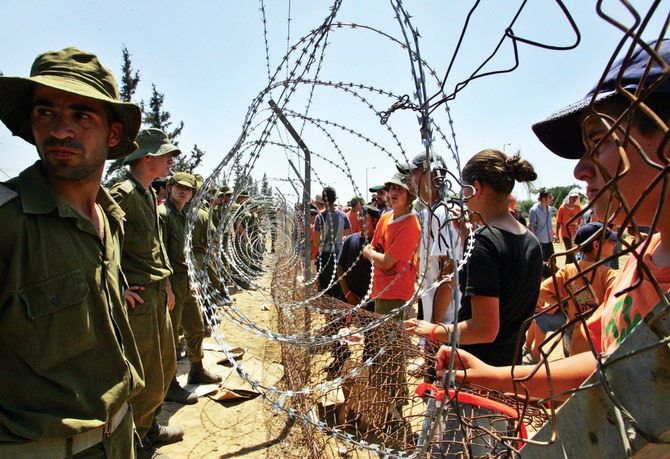
No one knows better than a doctor the human species’ capacity to inflate their perception of risk. Yet somehow, despite being a doctor myself, I still assumed that in the case of coronavirus those most endangered would demonstrate the greatest zeal for self-protection.
I was, it turns out, naive. My conversations this week with a few family and friends in their 70s revealed at best a laissez-faire approach to infection, at worst a seemingly wilful defiance of current medical advice. The notion of self-isolation was scorned. Twenty-second hand washes were seen as neurotic. Phrases such as “blitz spirit”, “over-reaction” and “the young today” cropped up. I wanted to tear my hair out.
Clearly, this experience is only anecdotal. In no sense am I suggesting that all (or even the majority) of those over 70 are cavalier about the current pandemic, or that the young are somehow smarter, kinder or more sensible. The last thing we need at a time of national crisis is the stoking of division between generations.
Nevertheless, there is a particular kind of anxiety associated with being someone young enough to know that you are highly unlikely to die from coronavirus (a tiny number of under-50s in Italy have died, for example), while having family members who are old enough to be gravely endangered but hell bent on attending large gatherings.
The data from China could not be more stark. Of the 70- to 79-year-olds infected with coronavirus there, 8% have died. Among the over-80s, the case fatality rate is 15%. Put another way, if our mortality rates mirror China’s, one in seven of octogenarians who contract coronavirus will die from it. These are odds too serious to ignore: not least when an overwhelmed NHS may end up being forced, as is happening in Italy right now, to restrict the use of ventilators to the under-65
If you, like me, have much adored older relatives who are meeting your pleas to self-isolate with amusement or intransigence, you may be feeling increasingly desperate. In these circumstances, simple advice is effective: the vital message to convey is the importance of self-isolation and good hand hygiene.
Ideally, I would argue, those over-70 should now be self-isolating for their own protection. Perhaps you can enable a parent or loved one to do so more easily by delivering their groceries, setting up Skype links, downloading box sets, or boosting their morale with simple phone calls and messages.
If your relative insists on going out (or has essential appointments that they cannot postpone), try to ensure they understand that the first thing they should do on returning home is wash their hands for 20 seconds with soap and water. No ifs, no buts, no excuses. This will reduce the risk of bringing live coronavirus into the home. More generally, hand-washing before eating or drinking, and after coughing, sneezing or touching their face, will also reduce the risk of contamination.
If your loved one puts on a stiff upper lip or dismisses you as paranoid, it is worth remembering that there is nothing more infuriating than a high-handed know-all who insists they know what’s best for you. Moreover, we are all vulnerable to using denial to cope with the things that frighten us. Knowing how at risk you are, it might just feel safer to accuse your grown-up child of patronising you than to confront the nebulous, looming threat of a virus with apocalyptic potential. Equally, every adult son and daughter knows how effortlessly we can regress into our stroppy teenager behaviours of old when faced with an implacable parent. Just as doctors learn to develop their bedside manner, we could all, perhaps, benefit from listening to our elderly relatives’ concerns. Mirror their humour, if that’s the way they cope with adversity and, most important, communicate your love and concern for them.
Ultimately, the most powerful motive for effecting change is, of course, our shared feelings for one another. Young, old, credulous, cynical – the best way to reach out to one another is to be open and honest about our fears and vulnerabilities. Statistics can be downplayed or disputed. Projected mortality rates can be dismissed as fake news. Yet who can deny the heartfelt plea: “I love you, Dad, and I don’t want to lose you. Do it for me, not you. Do it so we have more precious time together – please?”












